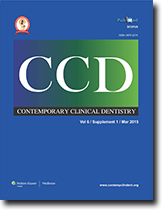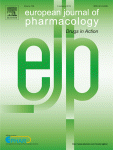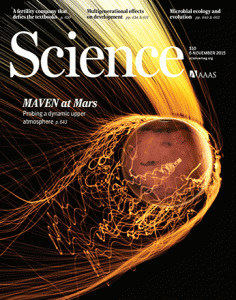![]() We’ve stumbled upon a trio of retractions published in August, 2013 from BMJ Case Reports for “redundant publication” to a group of researchers based in India.
We’ve stumbled upon a trio of retractions published in August, 2013 from BMJ Case Reports for “redundant publication” to a group of researchers based in India.
Editors found that the reports, which were published between 2012 and 2013, had considerable “overlaps” with articles that had been published in other journals. Although one of the retracted authors was also an author on one of the overlapping articles, the rest of the authors have no obvious connection to the previous work.
The authors of the three retracted papers are based at the Modern Dental College and Research Centre in India.
One retracted paper, “A rare occurrence of peripheral ossifying fibroma in the first decade of life and its management,” described the case of a 10 year-old girl with a lesion growing on her gums. The notice reads:
Continue reading BMJ Case Reports pulled three dental papers for plagiarism

 A
A  When two papers include the same images of rat hearts, one of those papers gets retracted.
When two papers include the same images of rat hearts, one of those papers gets retracted.




